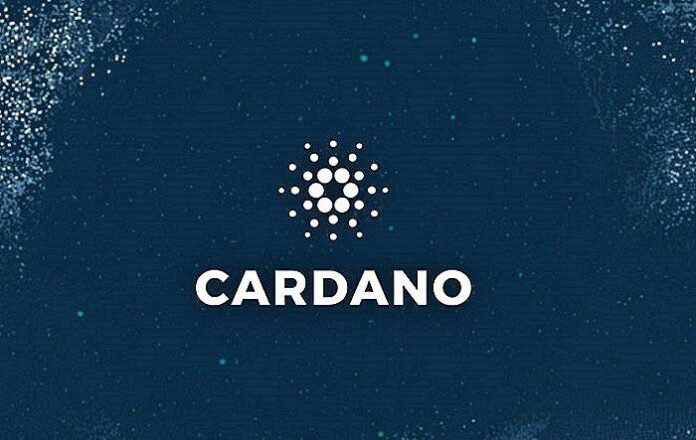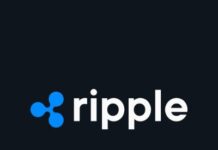The Voltaire Era Begins with Chang Hard Fork: A New Chapter for Cardano
Cardano took a significant step toward decentralized governance with the successful implementation of its Chang hard fork, marking the beginning of the Voltaire era. This represents a pivotal move towards achieving fully decentralized governance. A hard fork is a permanent divergence from a blockchain protocol, signifying a major change or upgrade that is not backward-compatible.
Today’s Chang hard fork is a major milestone for the Cardano blockchain, ecosystem, and community, fulfilling the promise of a truly self-governing, decentralized network. The blockchain Foundation emphasized this transformative moment, saying: “Welcome to a new era of decentralized governance: Voltaire.
This upgrade empowers ADA token holders to elect representatives and vote on key development proposals, fundamentally changing the decision-making process within the blockchain ecosystem. The hard fork rollout is divided into two distinct phases. The first phase, already live, introduced the Constitutional Committee, which oversees the governance transition.
The second phase, expected to be fully implemented by 2025, will introduce Delegate Representatives (DReps) and an on-chain voting system. Besides these governance changes, the upgrade includes the activation of Plutus v3, which enhances smart contract efficiency and introduces new cryptographic primitives, further solidifying Cardano’s technical capabilities.
The new governance model introduces three key bodies: the Constitutional Committee (CC), Delegate Representatives (DReps), and Stake Pool Operators (SPOs). This tripartite structure aims to create a balanced and effective decision-making process within the Cardano network.
Impact, Challenges, and Criticisms of Cardano Following the Upgrade
Cardano co-founder Charles Hoskinson hailed the hard fork as “one of the greatest technical achievements in human history.” The blockchain Foundation echoed this sentiment, calling it “a major milestone for the Cardano blockchain, ecosystem, and community.”
However, despite the technical achievement, the blockchain’s native token, ADA, hasn’t responded positively to the news. Over the past 24 hours, ADA has declined by 2.26%, reflecting broader bearish trends in the cryptocurrency market, particularly with Bitcoin (BTC) and Ethereum (ETH). ADA has been in a downtrend since March, losing approximately 50% of its value over the past six months, from $0.80 to the current price of $0.33.
While the Chang hard fork represents a significant step forward, the blockchain has faced its share of challenges and criticisms. Some critics argue that Cardano’s progress has been slow compared to other blockchain platforms and view its cautious, research-driven approach as overly complex.
Despite its robust technological foundation, Cardano has struggled to achieve the same level of adoption and developer engagement as other leading blockchain platforms like Ethereum. Critics have also raised concerns about centralization, pointing out that ADA is largely controlled by three entities: the Cardano Foundation, Emurgo, and Input Output Global (IOG), which has led some to label it a “VC coin.”
The road ahead for Cardano remains challenging, but the Chang hard fork has laid a strong foundation for its future as a decentralized governance network.




